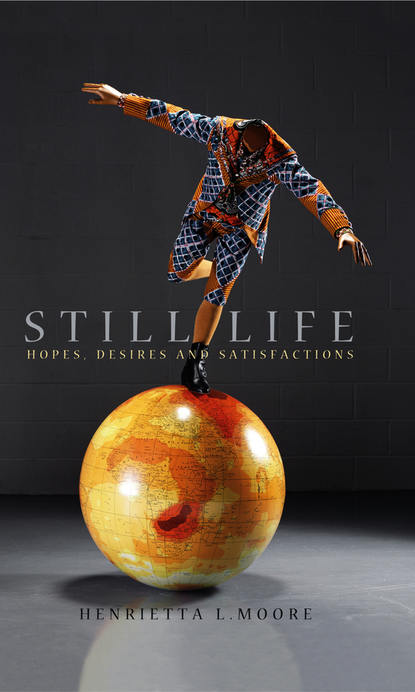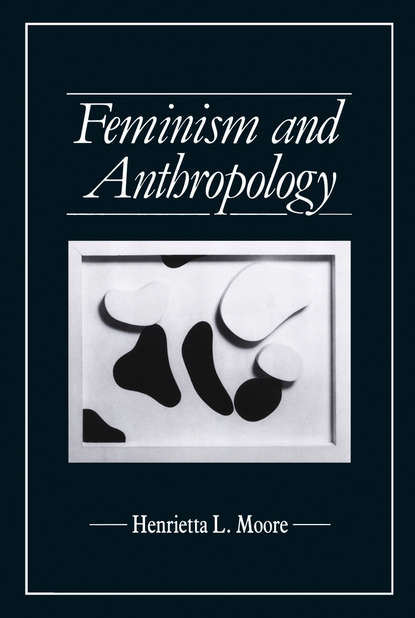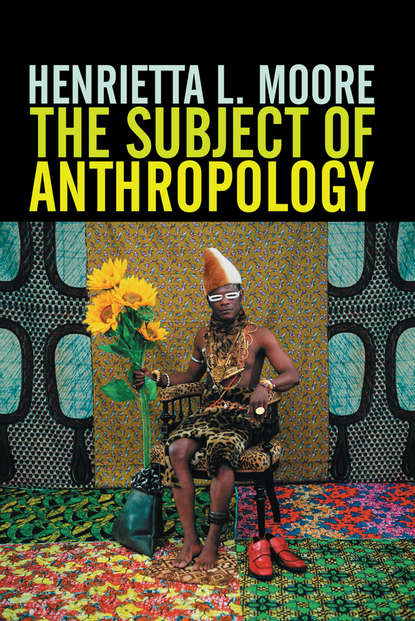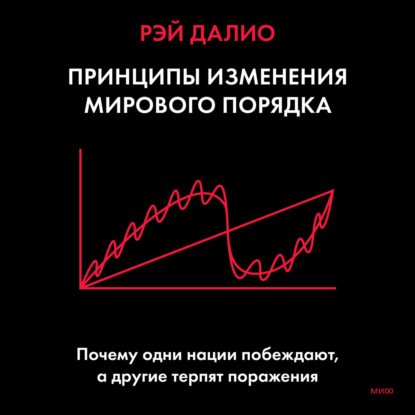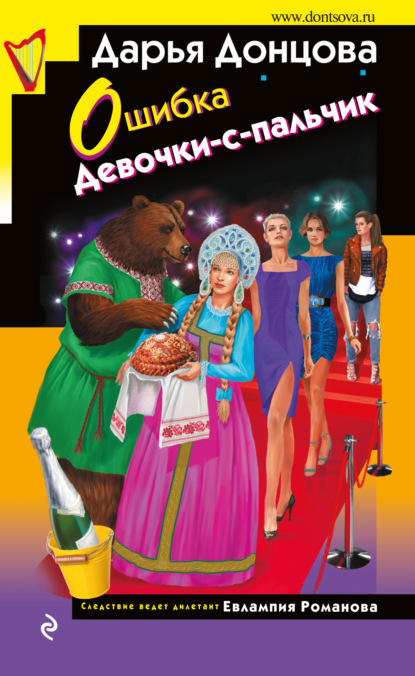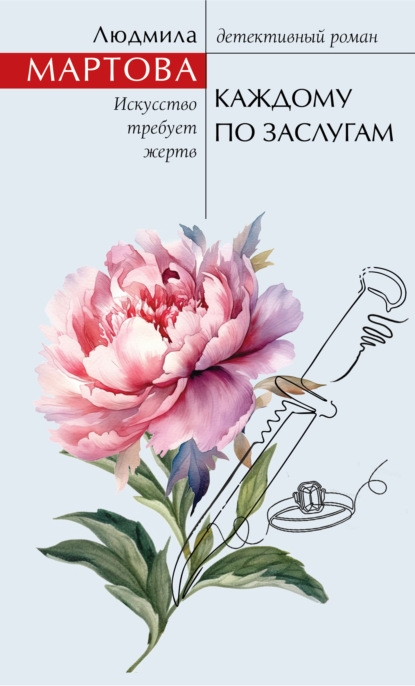Henrietta L. Moore - A Passion for Difference
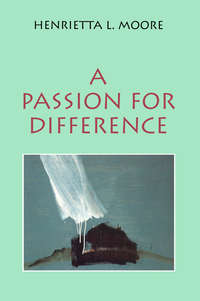
In this new book Henrietta Moore examines the nature and limitations of the theoretical languages used by anthropologists and others to write about sex, gender and sexuality. Moore begins by discussing recent feminist debates on the body and the notion of the non-universal human subject. She then considers why anthropologists have contributed relatively little to these debates, and suggests that this has much to do with the history of anthropological thought with regard to the conceptualization of «persons» and «selves» cross-culturally. Moore develops a specific anthropological approach to feminist post-structuralist and psychoanalytic theory. In subsequent chapters Moore pursues a series of related themes including the links between gender, identity and violence; questions of gender and identity in the context of intra-household resource allocation; the construction of domestic space and its relationship to bodily practices and the internationalization of relations of difference; and the links between the gender of the anthropologist and the writing of anthropology. This volume demonstrates anthropology's contribution to current debates in feminist theory.
